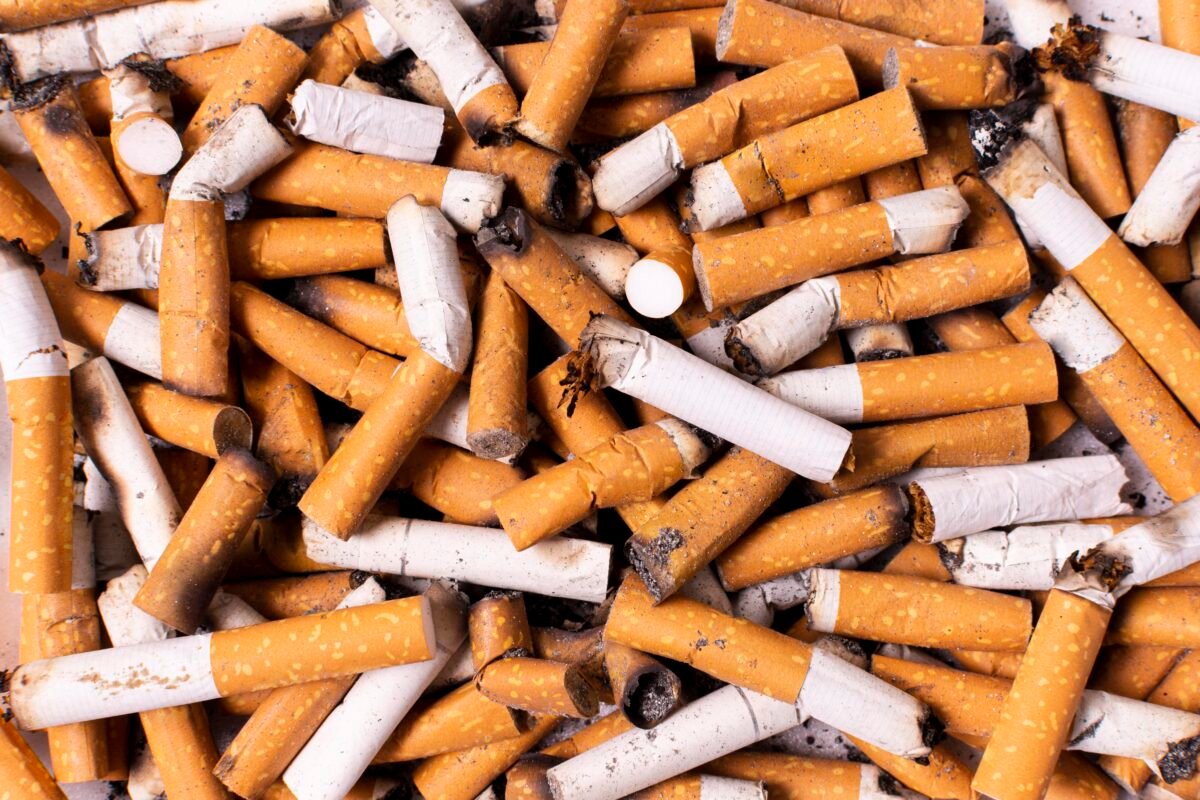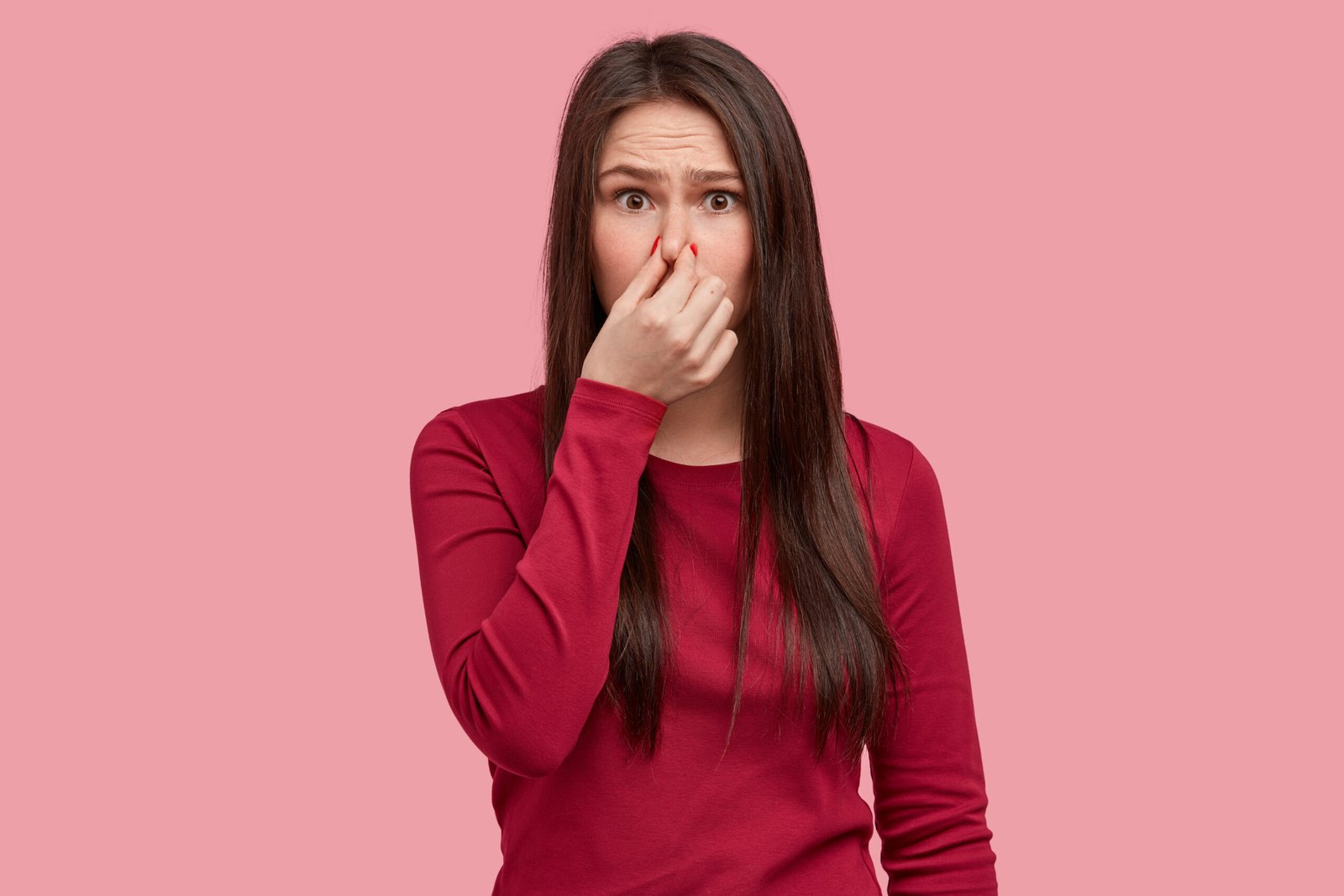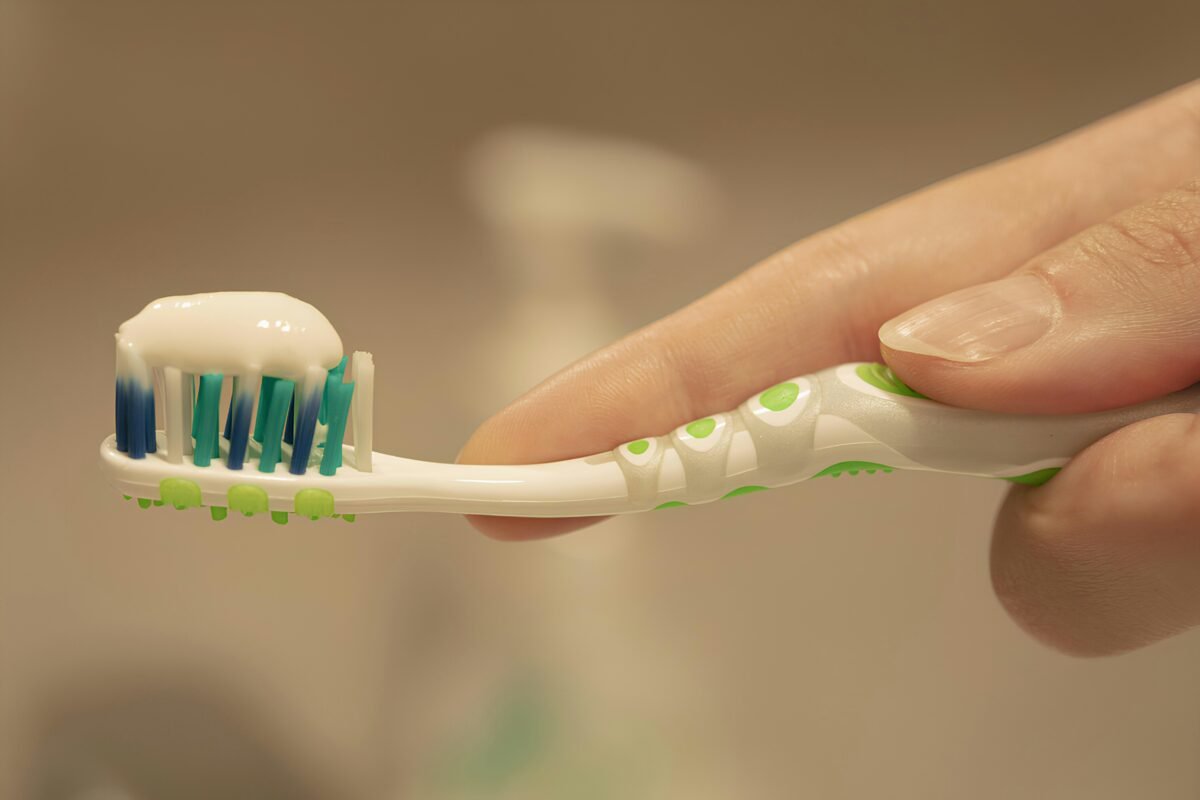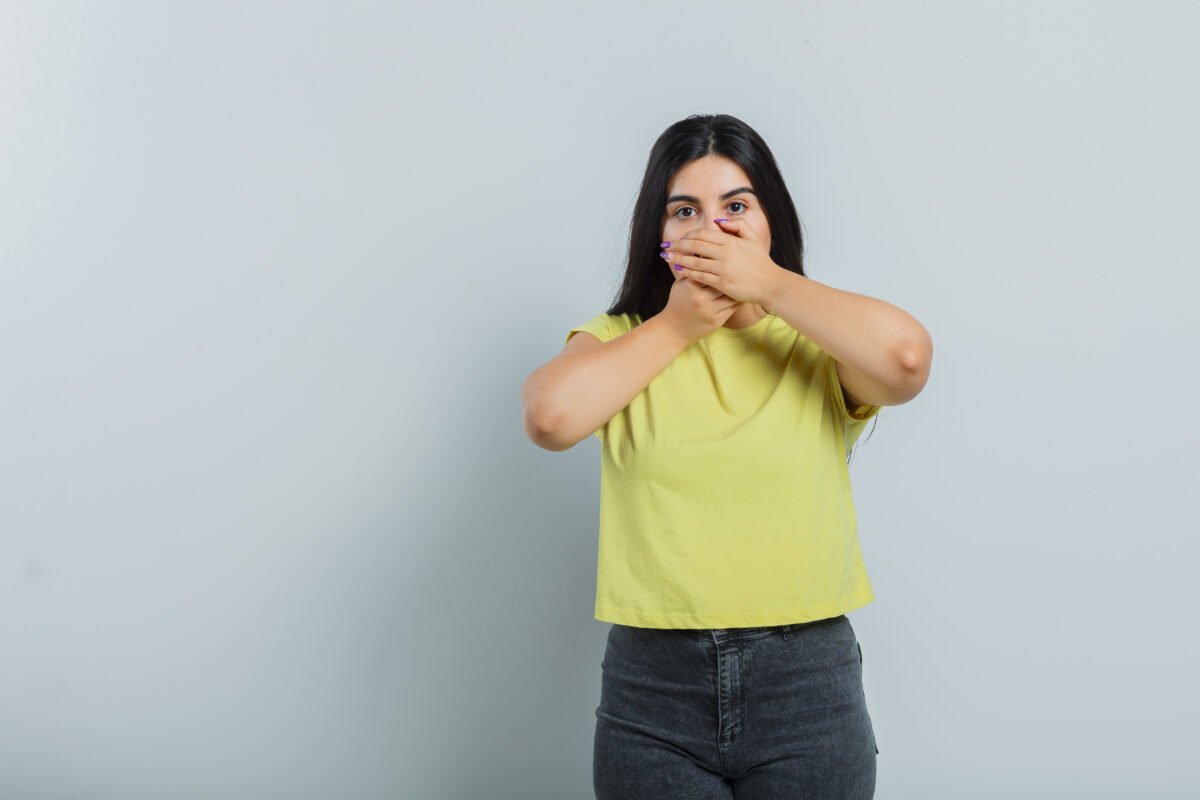Bad breath, which is also known as halitosis, is a problem that many people experience. It can make you feel self-conscious and uncomfortable in social circumstances while talking to someone. However, bad breath is usually easy to manage once you know what it is causing it. In this article, we’ll discuss why bad breath happens, the causes of bad breath, and how you can prevent it with simple daily habits.
What Are the Causes of Bad Breath?
The causes of bad mouth smell can be due to a number of reasons, such as:
1. Food and Beverage
Bad breath can also be caused by some food and drink items, mainly strong-smelling foods such as garlic, onions, and spicy foods. This odor may remain in your mouth after eating such food items. Later on, when they get digested, this odor is released through your breath. Even coffee and alcohol can further contribute to bad breath by drying up your mouth this way, the bacteria will start growing.
2. Poor Oral Hygiene
Improper brushing and flossing allow food particles to remain between teeth and gums, providing a site for the growth of bacteria. These bacteria produce harmful toxins, and their effect is considered one of the primary reasons for bad breath. If plaque is not removed it hardens into dental diseases known as periodontal diseases. These conditions worsen over time. Bacteria may also populate the posterior area of the tongue, which needs frequent cleaning.
3. Dry Mouth (Xerostomia)
Saliva helps clean the mouth by removing food particles and bacteria from the oral cavity. A dry mouth allows this chance for bacteria to build up, thus causing a bad smell. This may be due to insufficient intake of water, some medication, or when one is breathing through the mouth instead of through the nose.
4. Tobacco Products
This condition has more often than not been associated with smokers and tobacco users. Tobacco chemicals stick in your mouth and throat, giving off their awful smell, which is quiet hard to remove. Tobacco usage also promotes gum disease, which is another cause of chronic bad breath.

5. Medical Conditions
Bad breath may also be a warning of illness. Odors in colds and sinus infections are common. An acid reflux disease, a digestive problem, may give you bad breath. Sometimes, diabetes, liver disorders, or kidney disease might be affecting your breath.
Also Read This Blog
Which Is the Best Toothpaste in India? Our Top 10
How to Avoid Bad Breath?
The following tips may help in the prevention of bad breath:
1. Regular Brushing and Flossing
The best bad breath prevention is good oral hygiene. Particles of food and bacteria build up on the teeth; therefore, it is usually recommended to brush your teeth at least twice a day and floss daily. You will also find it useful to brush your tongue or use a tongue scraper to remove bacteria that collect there.
2. Drink Plenty of Water
The best way to avoid bad breath is to keep your mouth moist. Water will help clean out food particles and bacteria that may cause bad breath in the first place. Sugar-free chewing gum works, too, as it stimulates saliva, the natural mouth cleanser.
3. Mouthwash
The mouthwashes are great for freshening breath and killing bacteria. Use an antibacterial mouthwash that contains ingredients to combat the bacteria that cause bad breath. In fact, this is really important to refrain from such antiseptic mouthwashes that are alcoholic in nature, as these dry your mouth out even further, prolonging the condition.
4. Watch What You Eat
Certain foods can cause bad breath so it is better to avoid them when you know you will be going out or spending time around other people. For instance, eating garlic, onions, or spicy foods before you meet someone and go out on a date is not a good idea. Fresh fruits and vegetables are beneficial for fresh breath because they are teeth and gum cleansers.
5. Quit Smoking
If you smoke, quitting will be good for your breath as well as for the rest of your body. Smoking dries out your mouth and puts you at an increased risk for gum disease, both of which can cause bad breath. Indeed, most people find a great reduction in bad breath once they stop smoking.

6. See Your Dentist Regularly
Regular dental checkups are essential for maintaining good oral health. Your dentist will diagnose early signs of gum diseases, and he will also provide professional cleaning for the removal of plaque deposits inside your mouth. These visits will help you prevent the bad breath problem for a long time.
Oral Spray: Instant Solution for Oral Problems
If you are looking for an instant solution for fresh breath, an oral spray can be extremely useful. Oraal Spray (20ml) is highly effective for patients who present with oral mucositis, which further leads to bad breath. This small compact spray can be carried with one anywhere and used at any time. A few sprays only will neutralize bad odors, and your mouth will feel fresh and clean. While some products just mask the smell, like gum or mints, an oral spray fights the bacteria that cause bad breath and is effective in curing oral mucositis.
Conclusion
Bad breath tends to be embarrassing but is usually preventable with proper care. Practicing good oral hygiene, staying hydrated, and making smart lifestyle choices will keep your breath fresh and your mouth healthy. Simple tools like an oral spray can provide instant freshness when you need it, giving you confidence in any situation. Taking small steps each day will help you avoid bad breath and maintain better overall oral health.




